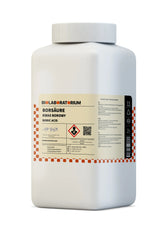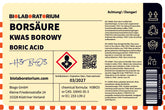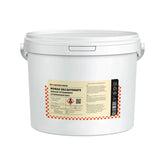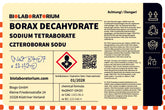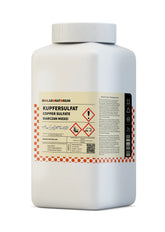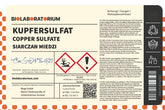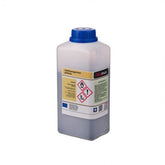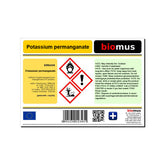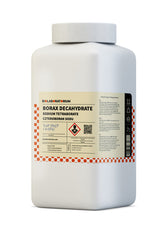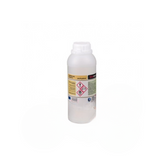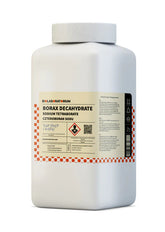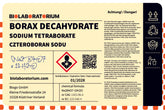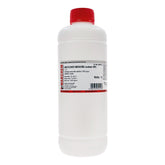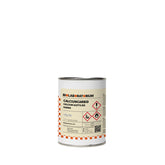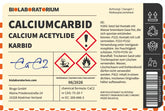Menthol in the chemical industry – functions and applications
Menthol is a versatile and widely used natural compound that finds numerous applications in the chemical industry. This aromatic terpene alcohol, mainly obtained from peppermint oil, is distinguished by its unique properties that make it a valuable raw material.
Menthol properties
Menthol is a crystalline solid with a characteristic mint aroma and a cooling taste. It has a melting point of about 42°C and is slightly volatile. Due to its chemical structure, menthol is a chiral molecule, meaning it exists in two mirror-image forms – (−)-menthol and (+)-menthol. The naturally occurring form is (−)-menthol, which has the strongest cooling effect.
The main properties of menthol responsible for its diverse applications are:
- Cooling sensation: Menthol activates cold receptors in the skin, creating a pleasantly refreshing feeling.
- Antimicrobial effect: Menthol has an inhibitory effect on various bacteria, fungi, and viruses.
- Anesthetic properties: Menthol has a slightly numbing effect on nerve endings and can thus relieve pain.
- Aromatic properties: The characteristic mint smell and taste of menthol make it a popular flavoring agent.
Menthol pharmaceutical applications
In pharmacy, menthol has diverse uses. It is used in cough drops, lozenges, and throat sprays to relieve cough and moisten the airways. Due to its anesthetic properties, menthol is also used in ointments, creams, and gels for pain relief in muscle and joint complaints.
Additionally, menthol is used in dermatology, for example in insect repellents, sunscreens, and skin care products. Here, the cooling and slightly numbing effect is used to relieve itching and skin irritations.
Menthol in cosmetics
In the cosmetics industry, menthol is also a widely used ingredient. It is used in shower gels, shampoos, toothpastes, and mouthwashes to create a refreshing sensation. Menthol is also used in shaving creams and gels to soothe the skin after shaving.
Moreover, menthol is used in deodorants and antiperspirants because it has a cooling effect on the skin and also possesses antimicrobial properties that can reduce odor formation.
Menthol technical applications
Besides pharmaceutical and cosmetic applications, menthol is also used in technical fields. Due to its cold sensitivity, it is used, for example, in refrigerants for cooling systems. Here, the evaporation cold of menthol is utilized to cool surfaces.
Menthol also has significance in the food industry. It is used as a flavoring agent in chewing gums, candies, and soft drinks to create a refreshing taste.
Furthermore, menthol is used in the textile industry. It is applied to give fabrics a cooling effect, for example in sportswear or bedding.
Menthol application safety
Although menthol is a natural substance, caution must be exercised when using it. In higher doses, menthol can irritate the skin and mucous membranes and should therefore be used with care. Additionally, it can rarely cause allergic reactions.
For most applications in cosmetics, medicines, and food, menthol is considered safe as long as it is used in the recommended concentrations. The safety and tolerability of menthol-containing products are regularly reviewed by authorities and expert committees.
Overall, menthol is a versatile and valuable natural substance that finds numerous applications in the chemical industry. From pharmaceuticals to cosmetics to technical applications, the industry benefits from the unique properties of this terpene alcohol.

